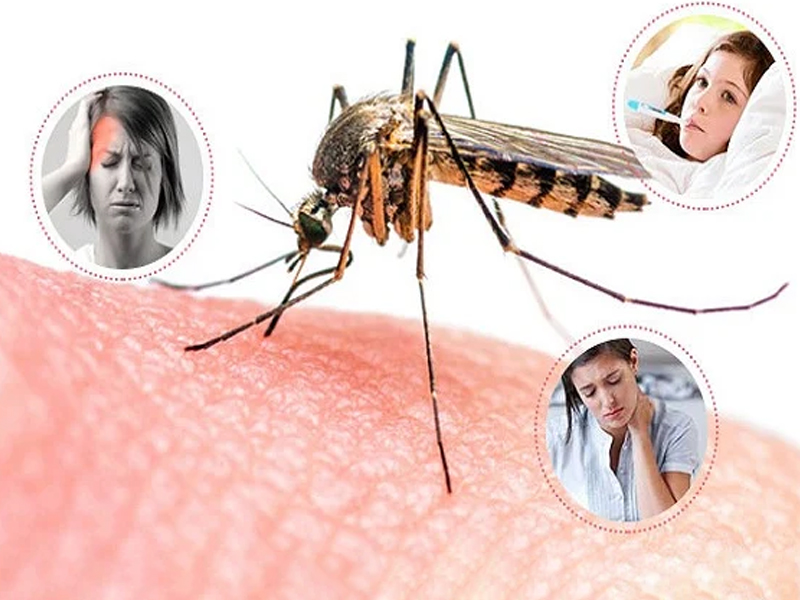Service
Dengue & Malaria

Dengue and malaria are both mosquito-borne diseases, but they are caused by different pathogens and transmitted by different mosquito species. Dengue is caused by a virus and transmitted by Aedes mosquitoes, while malaria is caused by a parasite and transmitted by Anopheles mosquitoes. While both diseases can cause fever, body aches, and fatigue, they also have distinct symptoms and potential complications.
Key Differences
- Causative Agent : Dengue is caused by the dengue virus, while malaria is caused by the Plasmodium parasite.
- Mosquito Vectors : Dengue is transmitted by Aedes mosquitoes, while malaria is transmitted by Anopheles mosquitoes.
- Symptoms : Both diseases can cause fever, headache, and body aches. Dengue may also cause a rash and severe pain behind the eyes. Severe dengue can lead to hemorrhagic fever and shock syndrome. Malaria can cause anemia and cerebral malaria, which can affect the brain.
- Treatment : There is no specific treatment for dengue, with management focusing on symptom relief. Malaria treatment involves anti-malarial medication.
Similarities
- Both are mosquito-borne diseases.
- Both can cause fever and flu-like symptoms.
- Both can be serious and potentially fatal if left untreated.
Prevention
- Preventing mosquito bites is crucial for both diseases.
- This includes using insect repellent, wearing protective clothing, and eliminating mosquito breeding sites (standing water).
- Using insecticide-treated bed nets is also recommended, especially for malaria.
